
Emergency infected wisdom tooth appointment
Owing to their disrupted pattern of emergence and being the last teeth in the oral cavity, wisdom teeth are at an increased risk of getting affected. If you’re experiencing discomfort, do not hesitate to book your emergency appointment with us.
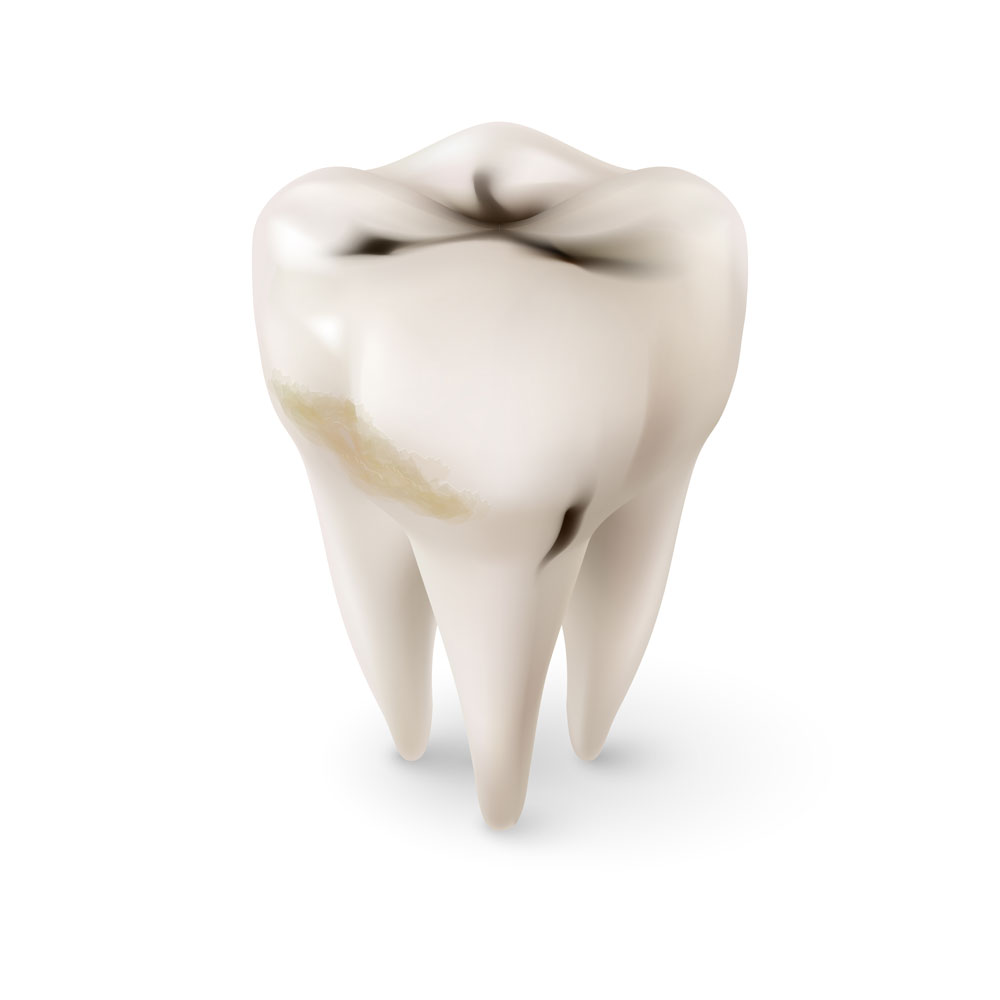
When does a wisdom tooth become affected?
The wisdom teeth, also known as the third molars, are the large back teeth in the oral cavity. Wisdom teeth are the last teeth to erupt in the oral cavity, generally between the age of 18-25 years. However, third molars are notorious for their eruption and growing patterns. Just like any other tooth, wisdom teeth are also prone to dental decay and getting a cavity. Wisdom teeth or the third molars can get impacted or submerged into your jawbone and get stuck below or in the gumline. Impacted wisdom teeth may erupt in a straightforward pattern. The wisdom teeth may partially emerge, not emerge at all, grow at a different angle, or sometimes not erupt at all.
Other than bacterial laden plaque, studies have shown and linked various risk factors and agents to the occurrence of gum diseases.

Wisdom teeth are harder to clean and floss; thus, the food debris and bacterial laden plaque keep getting accumulated on the tooth and between the tooth and the gums. These bacteria metabolise sugars and release toxic by-products. These toxic by-products are infective and generate an inflammatory response, leading to bacterial infection of the gums and causes tooth decay.
A partially erupted wisdom tooth has a higher risk of infection because of its shapes, size and the angle at which they grow. The medical term for inflammation and infection around the third molar is Pericoronitis.
Symptoms of infected wisdom tooth
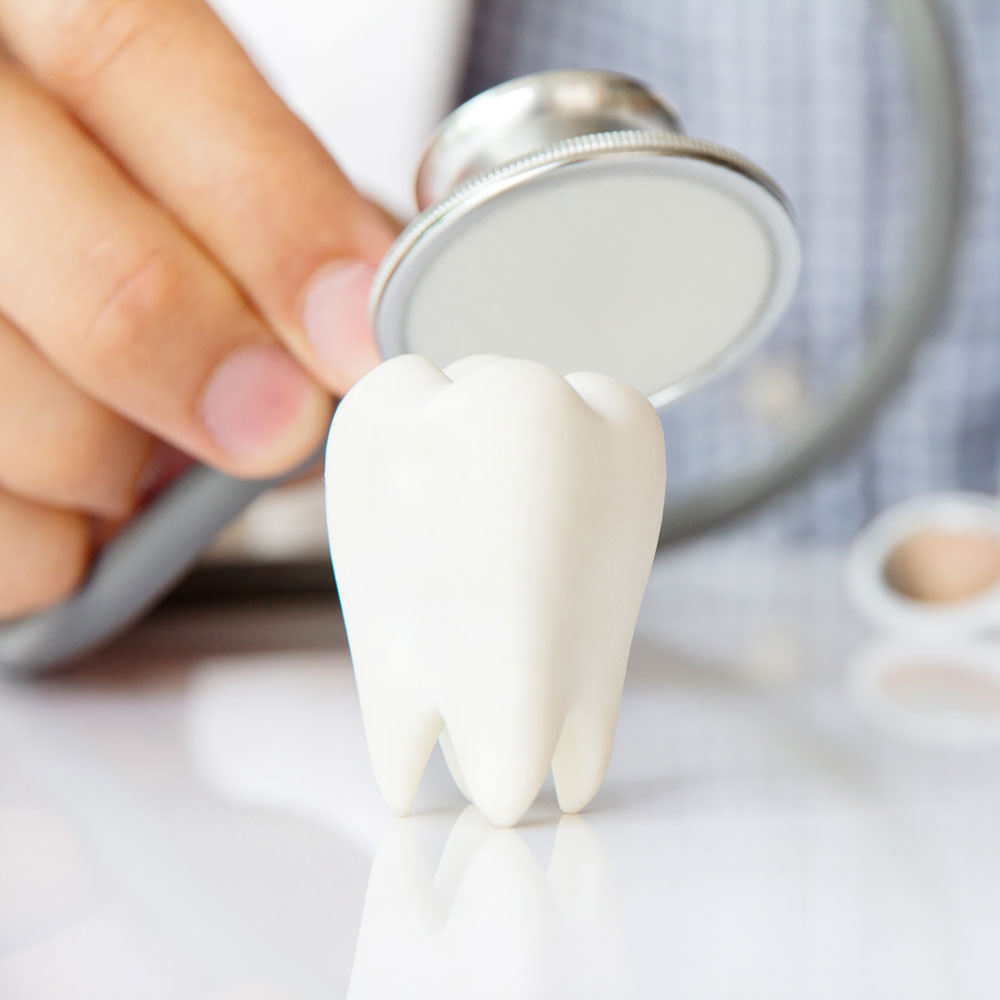
Pericoronitis or wisdom tooth infection can manifest in several ways. Our dentists in London have made a concise list that breaks down the various signs and symptoms of an infected wisdom tooth.
- Pain in and around the wisdom tooth.
- The pain of an infected third molar can be throbbing and persistent.
- The pain of infected wisdom may also radiate to the jawbone, neck and front of the ear. It may also cause headaches.
- There might be facial swelling.
- There may be pus discharge around the wisdom tooth or from the gum line in cases of severe infection.
- Redness and swelling of the gums.
- Difficulty chewing and eating.

- You may not be able to open your mouth completely. Difficulty in opening your mouth can also be accompanied by pain.
- Difficult breathing.
- Loss of appetite.
- Foul taste in your mouth.
- Bad breath and bad smell which comes from the mouth.
- Tender and swollen lymph nodes on the jaw and the neck.
- Infection of the wisdom tooth may also be accompanied by fever.
Elevated body temperatures, pain, and difficulty in opening your mouth may be a sign that you have an infection of the wisdom tooth. It is vital to get an infected wisdom tooth checked by our specialist dentists as soon as possible. Schedule an emergency appointment with us at our dental clinic in London to prevent any complications associated with an infected wisdom tooth.

Possible complications of an infected wisdom tooth
An infected wisdom tooth can cause a plethora of complications. The most common complication is the persistent, throbbing pain in and around the tooth, which radiates to the jaw, in front of the ear and the neck. It makes regular jaw movement and activities like chewing, challenging and painful.
The swelling that accompanies an infected wisdom tooth can enlarge to involve the jaw and neck spaces. Due to the enlarged swelling, you may also face breathing difficulties which may require immediate medical attention where the pus has to be drained to prevent it from blocking the windpipe.
The bacteria from the infected tooth can even travel to the bloodstream, generating a systemic inflammatory response known as sepsis, which can cause multiple infective diseases of the heart, gastric tissues and compromised overall health.
Infected wisdom tooth treatment
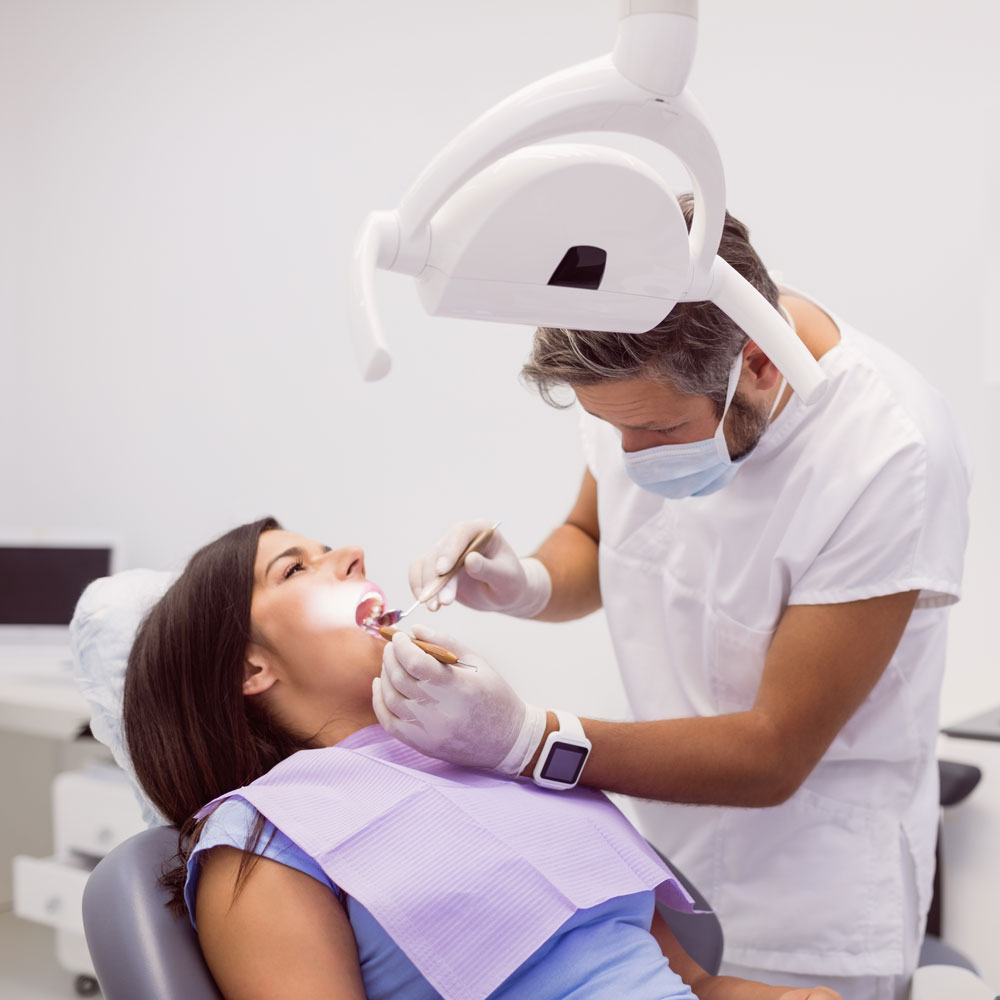
Dental Filling
If the dental decay of a wisdom tooth is caught earlier, our dentist in London will treat it by removing the infected tooth part with the help of a dental drill. Once the infected tooth part is removed, our dentist will restore the tooth with the help of dental cement or tooth coloured dental composite resins.
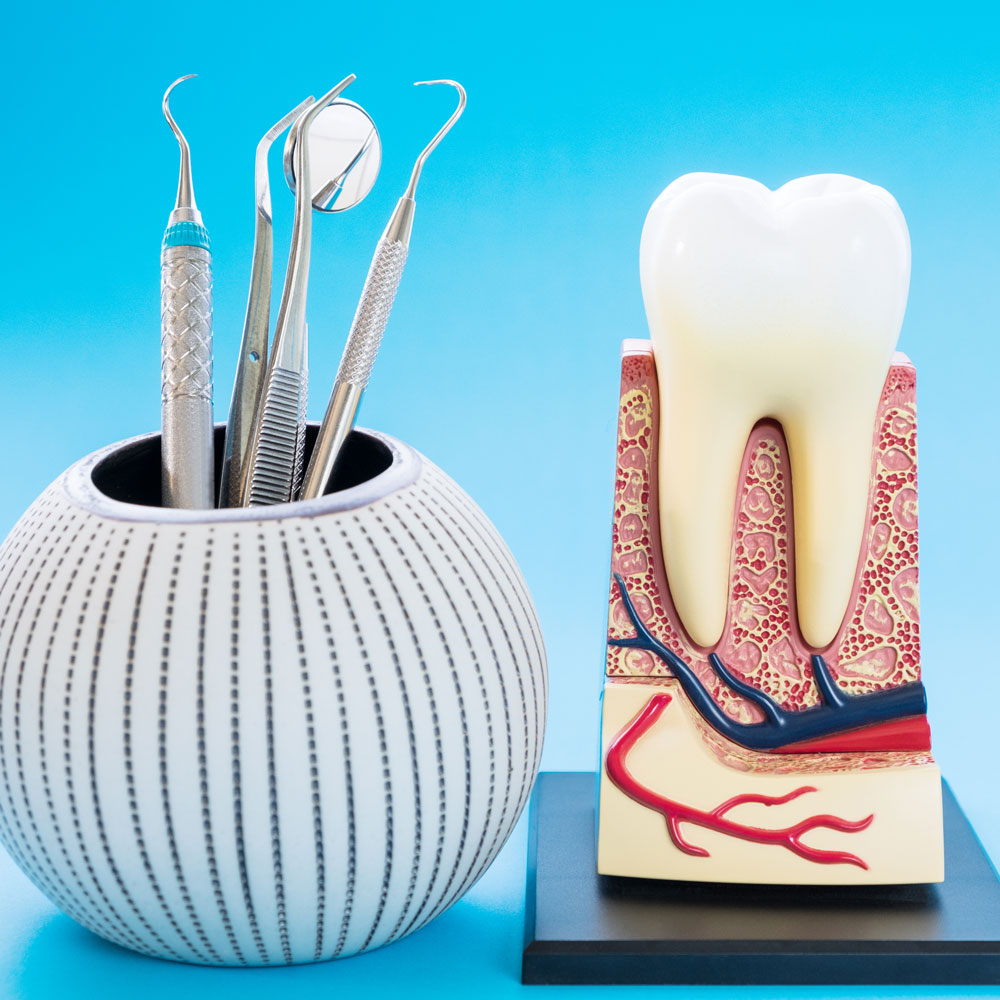
Root Canal Treatment
If the dental decay is extensive in a properly erupted third molar and the core that is the dental pulp is infected, our dentists will opt for a root canal treatment. They will remove the infected dental pulp and seal the canals to save the tooth. Our dentists may also suggest a dental crown to restore the tooth’s strength and function.
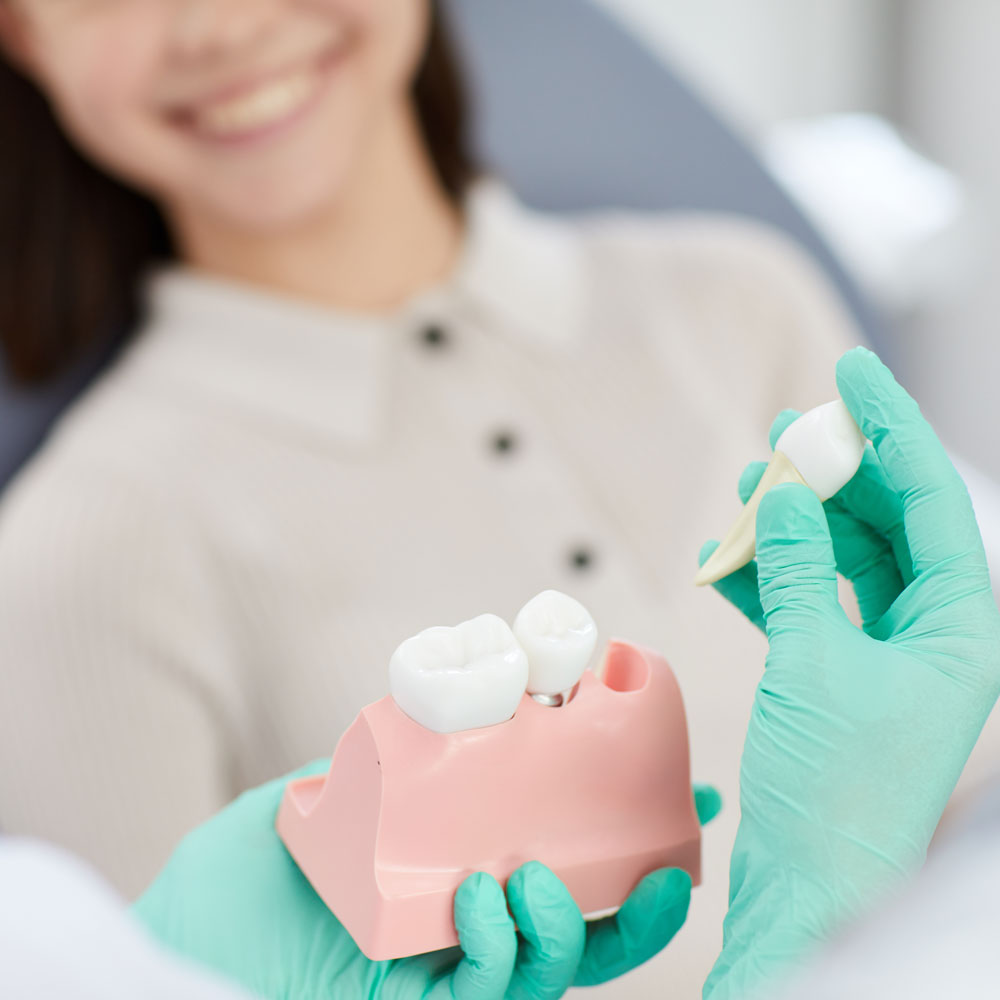
Extraction
In extreme decay cases accompanied by symptoms of infections that are pain, swelling, and fever, the wisdom tooth may be beyond saving. In such an instance, the best treatment protocol is to remove, that is, to extract the infected wisdom tooth. If the infected wisdom tooth is impacted or has erupted in an unconventional position, it is also advised to remove it as conservative treatment approaches in such cases is not possible.

Medications
Our dentist may also prescribe you some antibiotics to clear out the infection and painkillers to manage the pain.
If you are suffering from any of the above symptoms or have an infected wisdom tooth, it is advisable not to delay treatment. You can contact us and schedule an appointment with our outstanding dentist in London for a complete evaluation and treatment.
